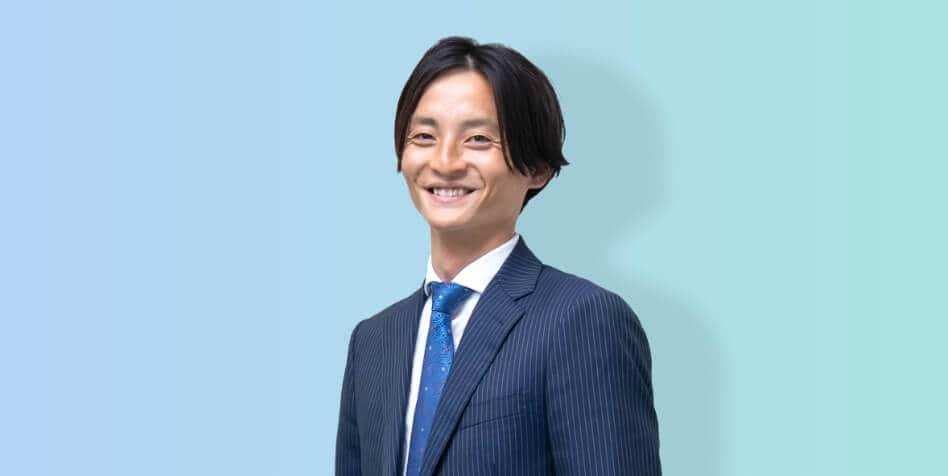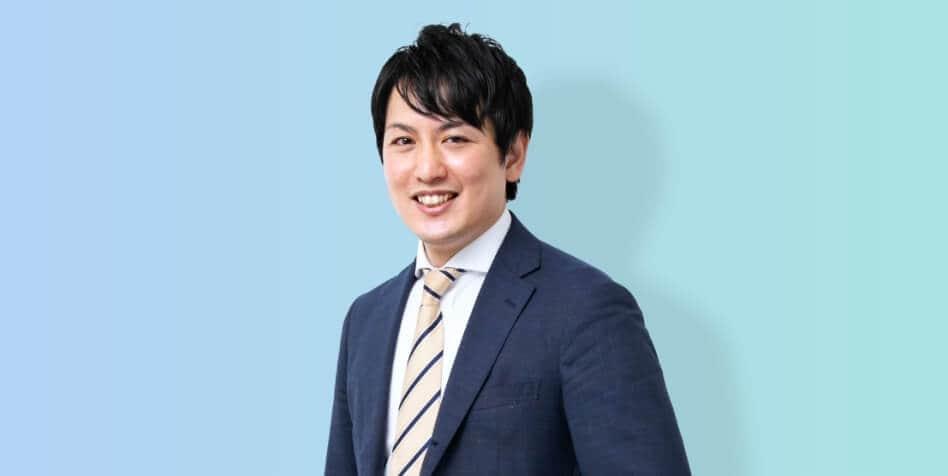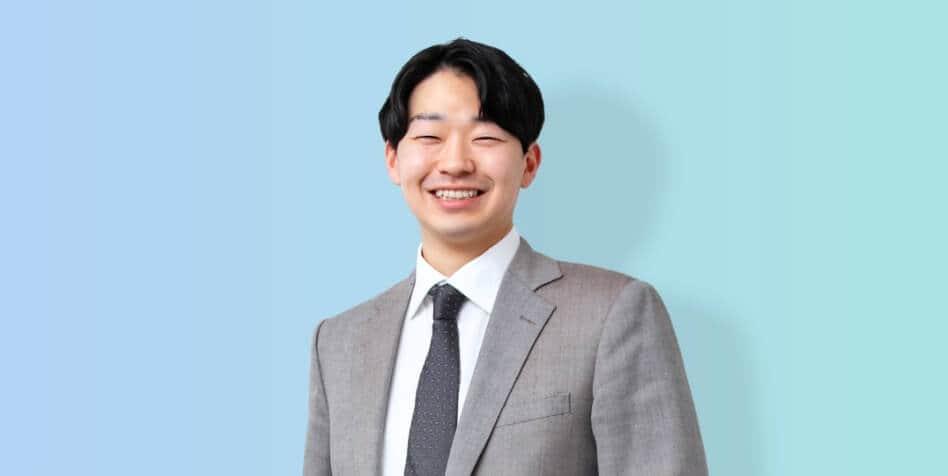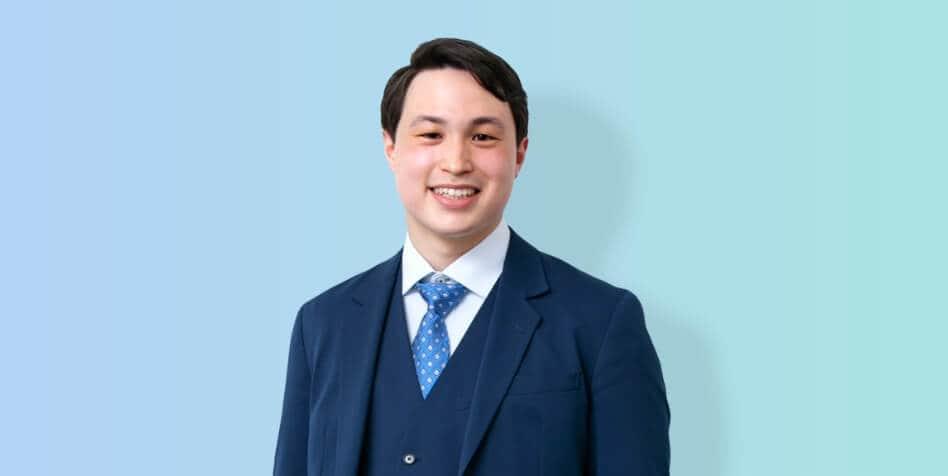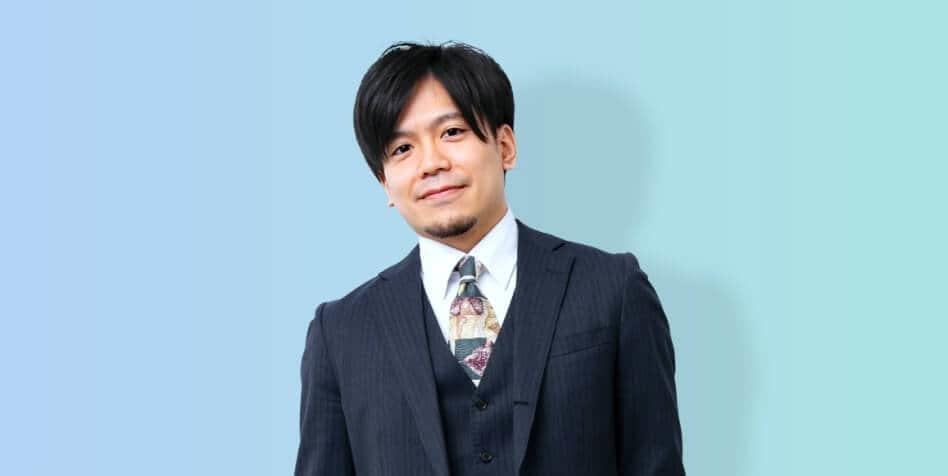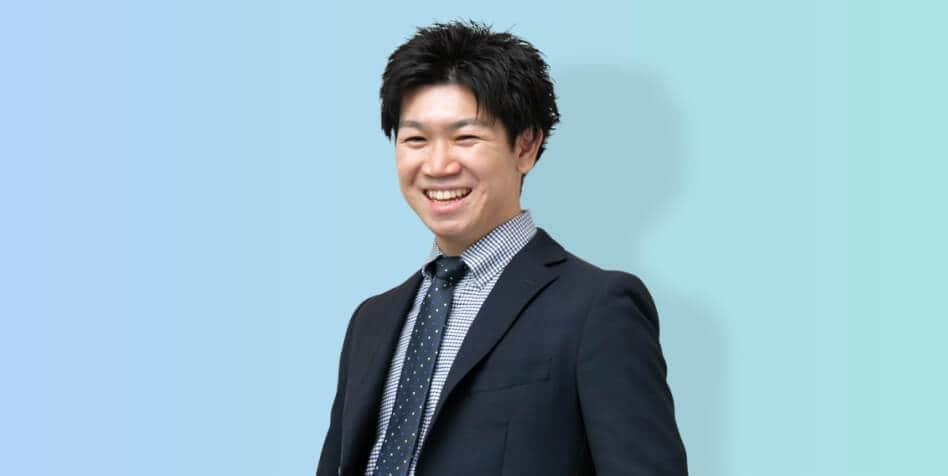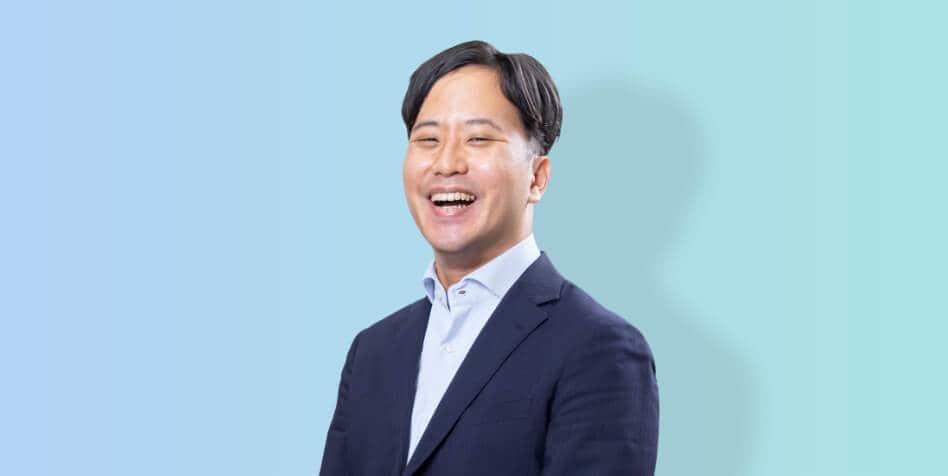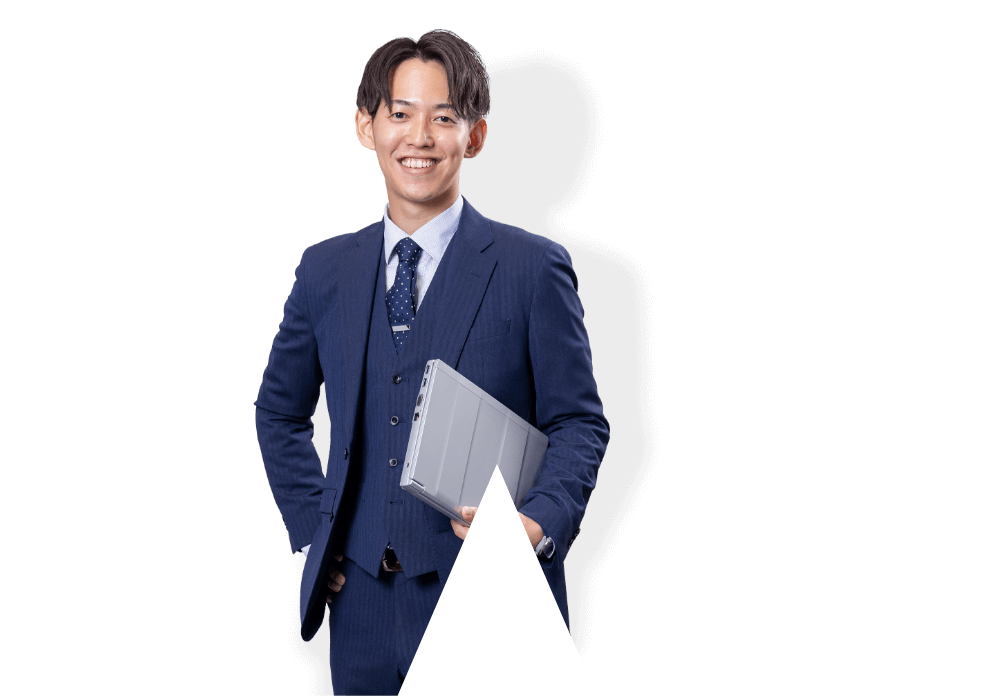
Interacting with Customers to Find the Correct Answer

Mitsutaka Otsuka
Joined new graduates in 2019 Technical position (security network)
1st Engineering Division, Networks Company
3rd Engineering Department


 Thinking Through What is Best for the Customer
Thinking Through What is Best for the Customer
Currently, I am in charge of customer success operations as an engineer. Specifically, my mission is to provide technical advice on how to use the product after providing the security products that we handle to the the Company, and to support the customer in maximizing the use of the technology. . Since the industries of the customers I am in charge of are wide-ranging, the challenges faced by the customers are naturally diverse, and my skills as an engineer are put to the test.
I don't have a "this is the correct answer" manual in my job. The correct answer is to put the customer first, consider what is best for the customer, and lead to customer satisfaction and problem solving. On top of that, what I value is "hearing". At the meeting with the customer, we thoroughly listen to the issues that the customer is currently facing and consider how to deal with them. Therefore, we believe that our work requires not only technical knowledge, but also communication skills to listen to customers' current issues. If we can't identify the issues that our customers are facing, we will not be able to achieve the best conditions for them.

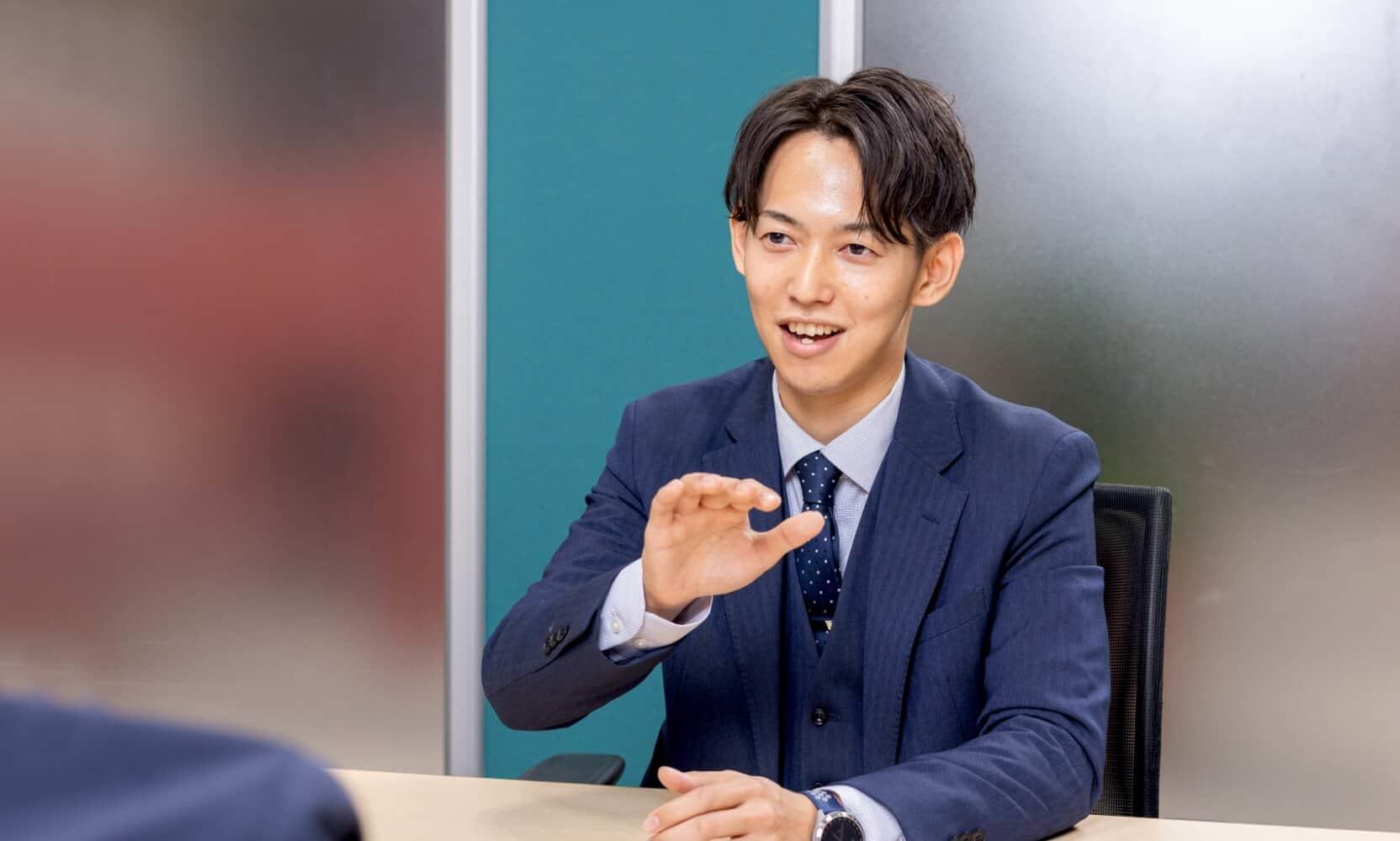
 Experience Failure and Learn the Essence of Work
Experience Failure and Learn the Essence of Work
I mentioned that it is very important to think through what is best for the customer. Without thinking about anything, we only answered what the customer asked and proposed only the products we wanted to propose. As I was working in such a way, one day a customer of a major manufacturer said something harsh to me.
When I received an inquiry from a customer via the sales representative asking me to talk about the use of the product that I was in charge of at the time, I went into a meeting with the customer without first hearing about the customer's situation and requests, made a proposal. The proposal was not what the customer was looking for, so after the meeting, he was told, "If it's a proposal like this, it's a waste of time, so you don't have to come back again." What the customer wanted was not just a product proposal, but a demonstration that showed what would happen if this product were used in the same system environment that they are using. At this time, I realized how much I was working on my own. After that, in order to recover from my failure, I had repeated discussions with the sales representative about "what we can do to meet the customer's expectations." We considered what kind of demo the customer wanted, what kind of data we needed to prepare, and how to convey it in an easy-to-understand manner. As a result of thoroughly thinking from the customer's point of view and making proposals, we were able to gain the customer's understanding of the usefulness of the product, which led to an order.
In response to this incident, I strongly regretted having made a proposal without putting the customer first. At the same time, the way I deal with my customers has changed significantly. It is of course important for us engineers to pursue technical knowledge and be able to provide the most advanced information to our customers, but that alone is not enough to satisfy our customers in the true sense of the word. After experiencing this failure, I realized the importance of putting the customer first and thinking about what is really necessary for the benefit of the customer.
 An Environment Where Overwhelming Self-Growth Can be Realized
An Environment Where Overwhelming Self-Growth Can be Realized
What I am always conscious of is "overwhelming self-growth." I decided to join this company to achieve that goal. Macnica does not provide a ``warm water'' environment. You will be able to acquire necessary business skills while taking on challenges in a demanding environment and working towards highly difficult goals. However, as I have grown over the years, I have realized that in order to thrive in such a demanding environment, it is not enough to grow on your own. I believe that I am who I am today because my superiors and seniors have nurtured me well.
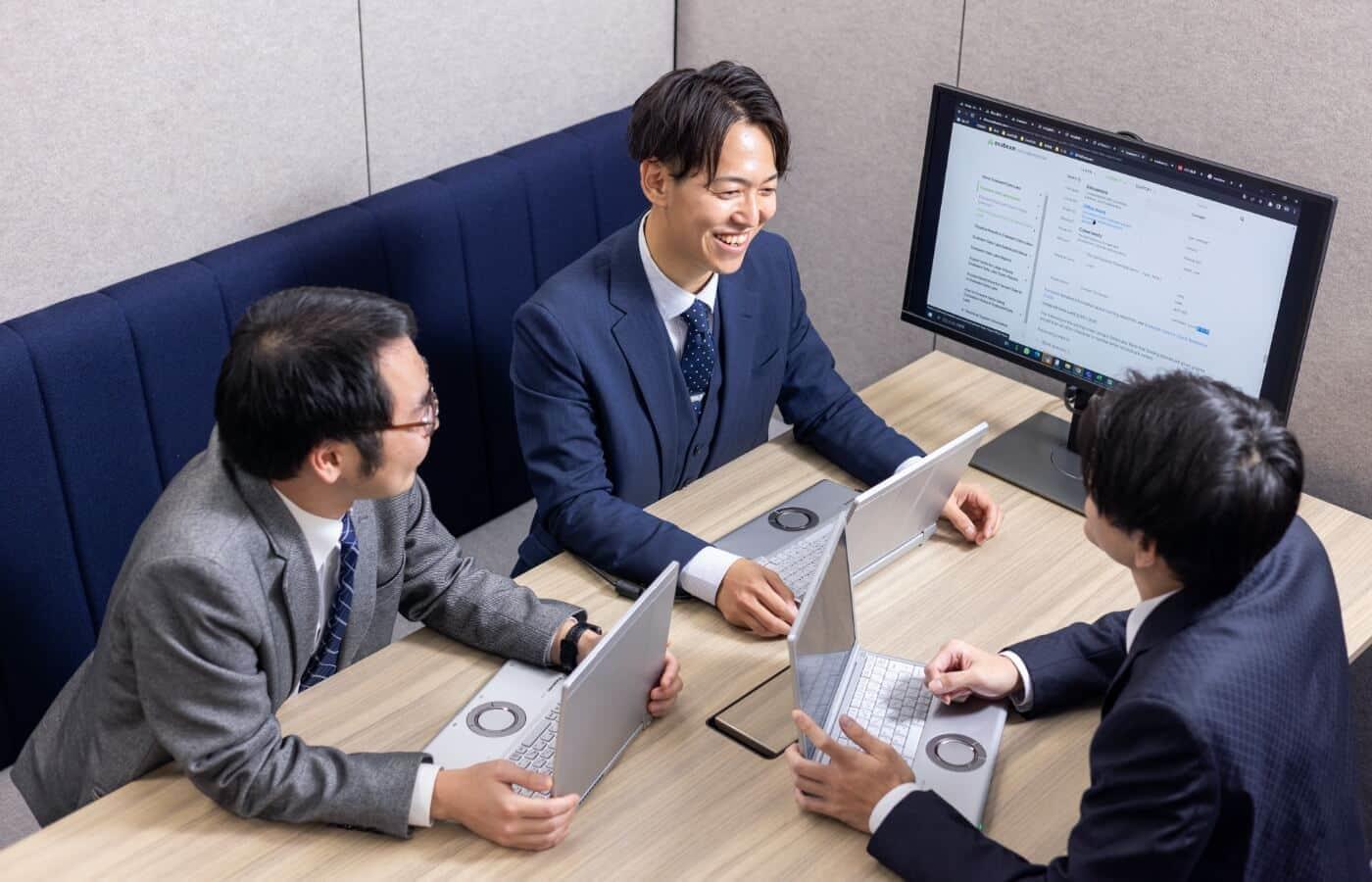
For example, when I first joined the company, my boss was very logical. In order to train my logical thinking ability, I always think deeply about what I think and what I actually do, "Why did you think so?" "Why did you do that?" It made me realize that I haven't been able to do it. On top of that, the boss didn't tell me the correct answer, "What should I have done then?" and "What should I do next?" Through such an education, I naturally became able to think logically during work, and now I am praised by those around me.
Of course, individual efforts are important for growth, but there are limits to the growth that one person can achieve. Macnica has a lot of talented and caring senior employees, so I think one of the attractions is that there is an environment where they can help you reach a level that you would never be able to reach on your own.

Future Goals/Aspirations
I would like to expand my range as a business person and become a person that is relied upon by customers, supplier manufacturers, and the company. At Macnica, there are many superiors and seniors who are excellent in their abilities, whom I respect, and whom I consider to be ``cool.'' I believe that in order to become such a "cool" person, I need to accumulate many experiences, so I would like to take on any challenge.




